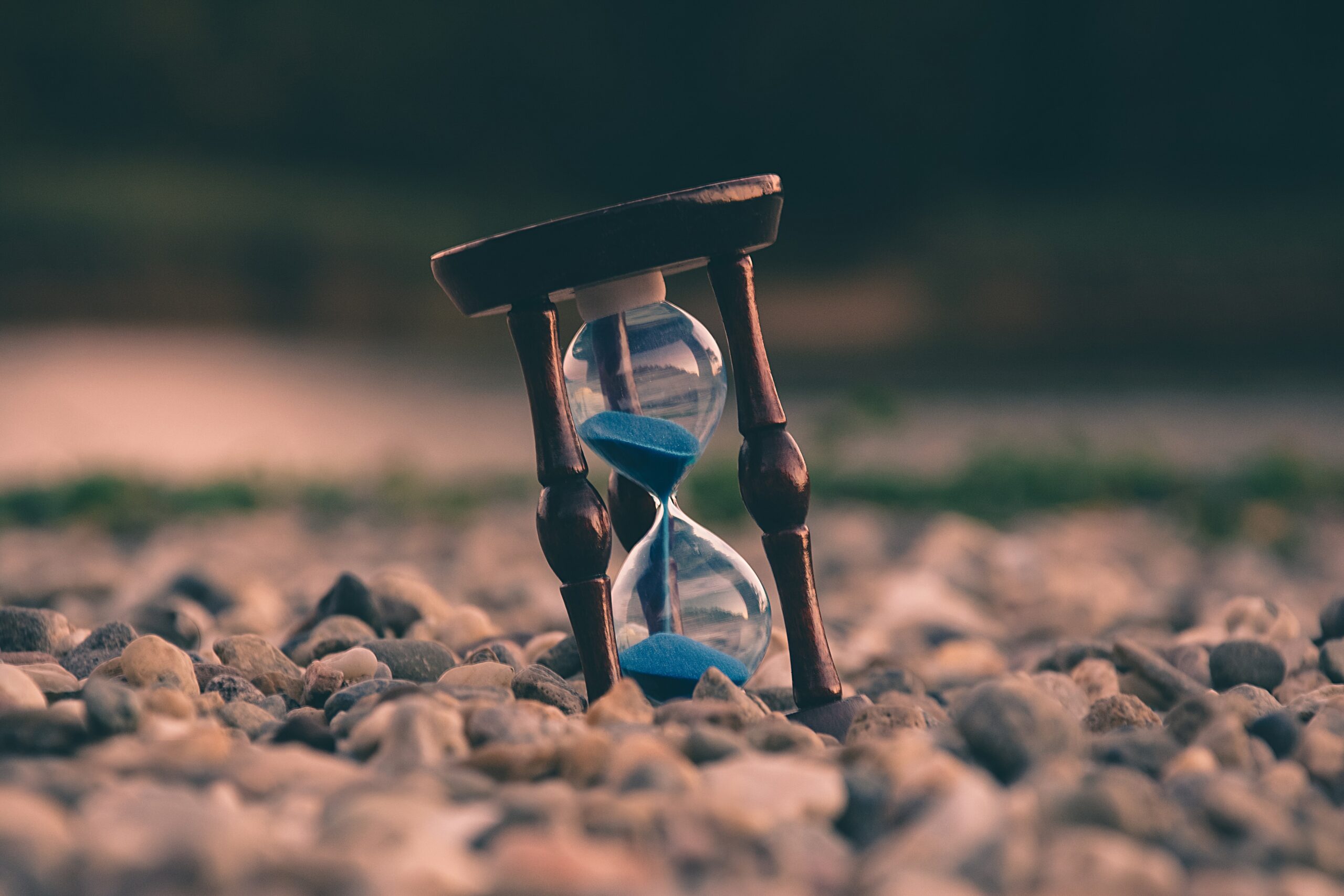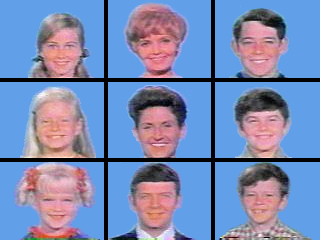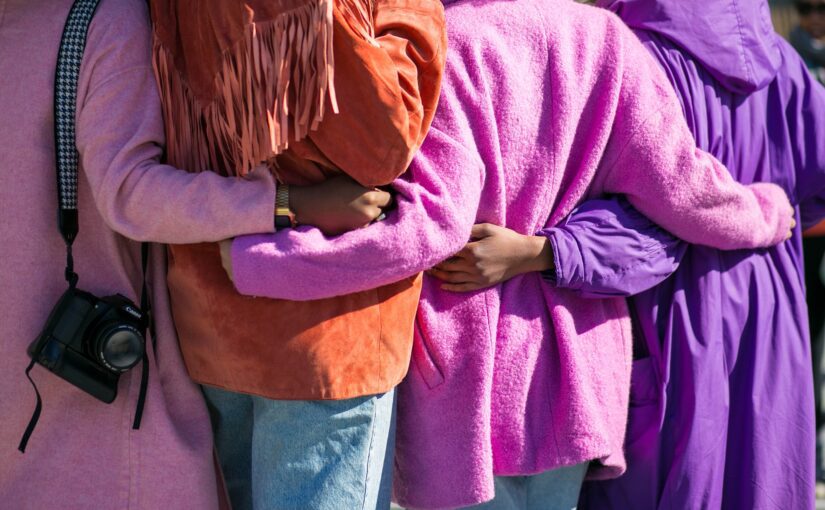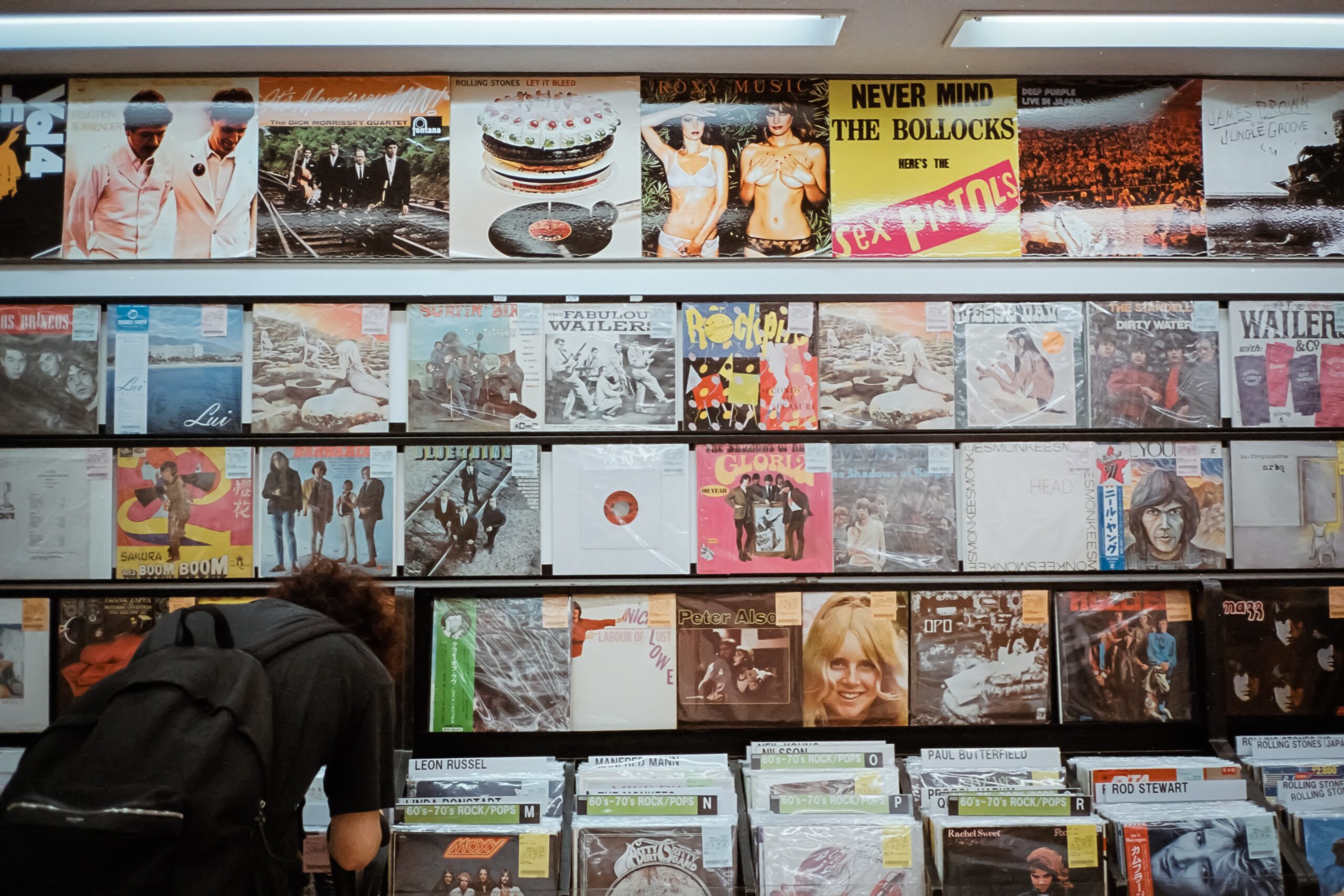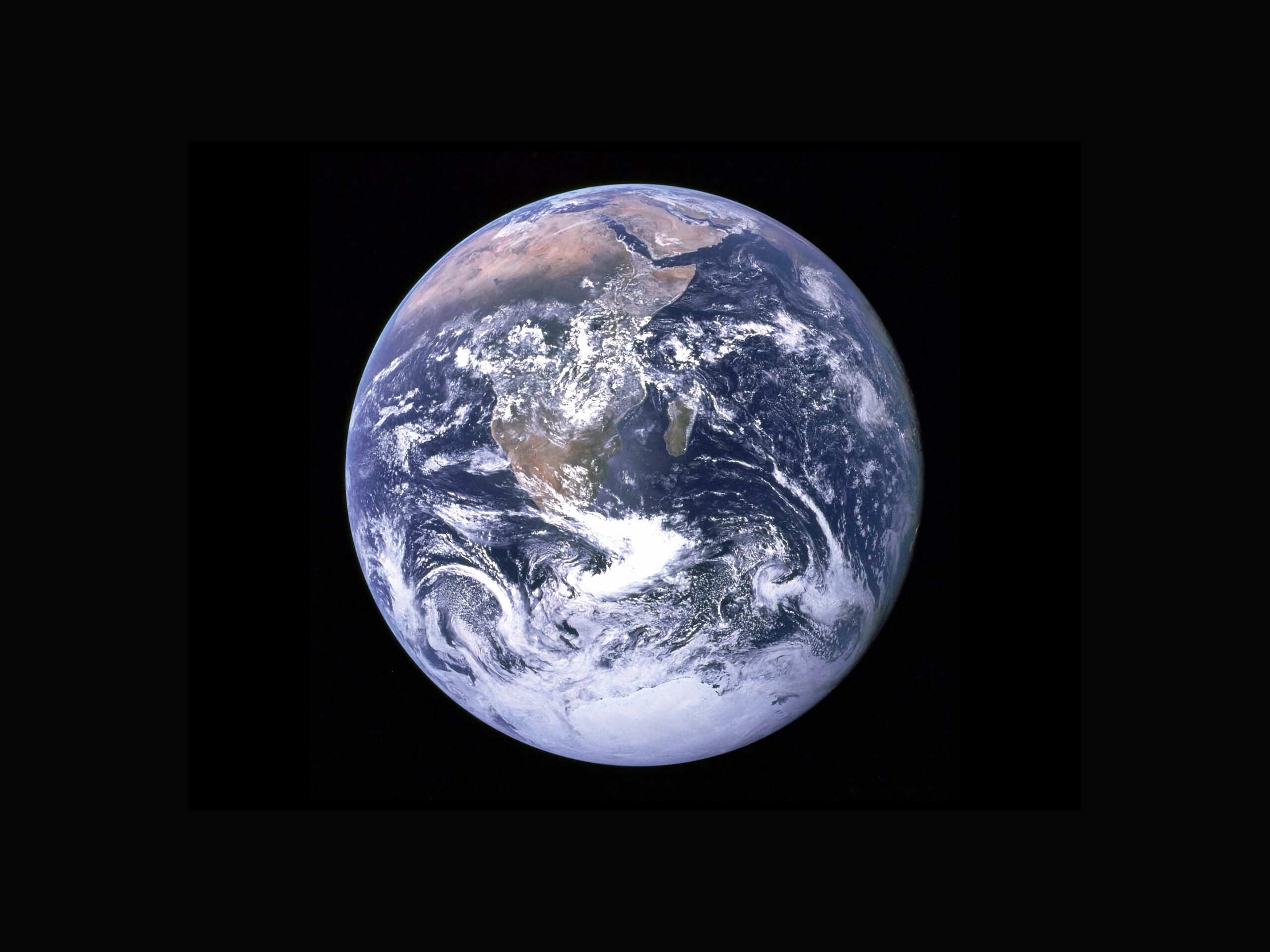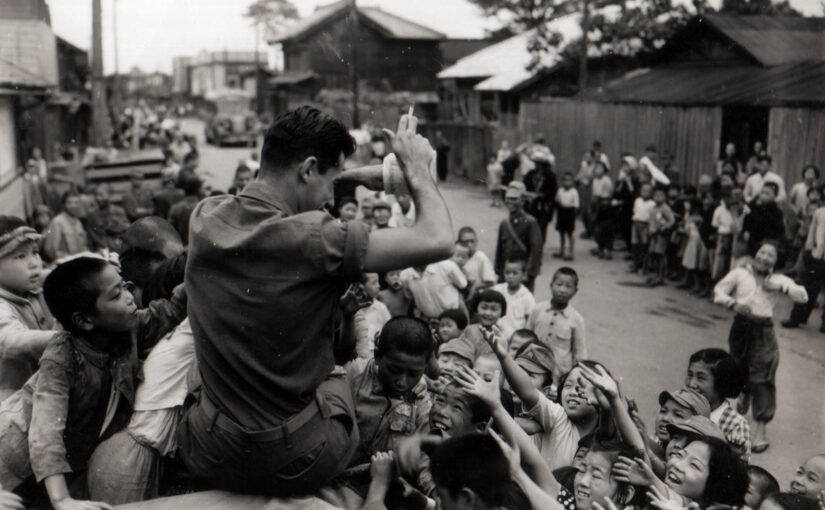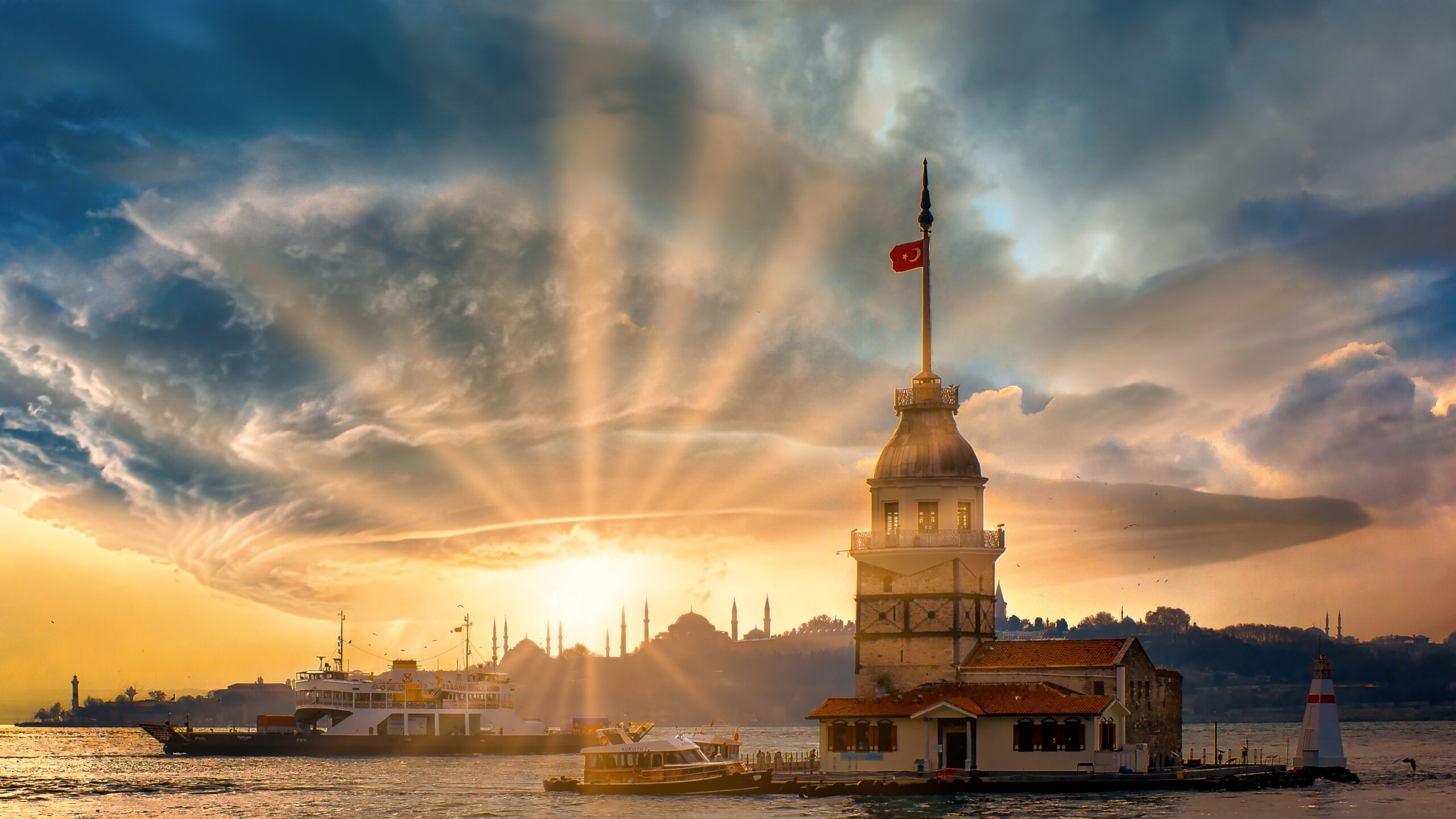Day 13 of 30-Day Writing Challenge
Photo by Aron Visuals on Unsplash
I start my day with writing a number on my journal. Today’s number: 14,322.
Each day the number decreases by one. Tomorrow I will write down 14,321.
The number is followed by DTID; Abbreviation for “days till I die”.
I wish to live a long healthy life. I have arbitrarily chosen to live until my 100th birthday. Or I have chosen to die on my 100th birthday.
When I was born I didn’t have any choice. When to be born, from which parents, in which country… They all happened before my consciousness was developed.
But when to die, how, where… Can’t I have maximum control? You know, I’m a control freak.
Of course, so many things happen beyond my control. If it rains or not today, if my husband is in a good mood or not, if the bus is running on the normal schedule or not. But death… such an important event of my life. Unless I’m hit by a car suddenly (and what is the probability of that?), can’t I have the final say to my life?
I’m not talking about suicide. That’s cutting off short. No. I have every intention to complete my life. My intention is I want to be on a driver’s seat until the last moment of my life. Even if I become gravely ill, at least I want my consciousness to be in control to the end. What is the proof that I can’t?
Till the moment I die, I want to live. My life is getting shorter by one day every day. While writing this number each morning, I ask myself: Do I choose to live this day in vain, or fully.
Soon after finishing this book, I started this morning ritual. Its title is
Death; An Inside Story: A Book for all those who shall die by Sadhguru
It’s not my favorite book, but it has transformed my approach to life entirely.
